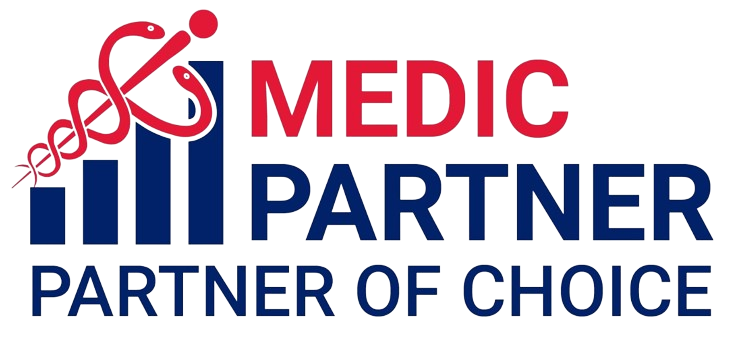
Operational Excellence
Operational Excellence (OpEx) in the Revenue Cycle Management (RCM) industry focuses on optimizing processes, enhancing efficiency, and delivering high-quality service to improve financial performance in healthcare organizations. Here are some key aspects of achieving OpEx in RCM:
Key Aspects of Operational Excellence in RCM:
-
Process Optimization:
- Streamline workflows to eliminate redundancies and inefficiencies.
- Implement automation and technology solutions to expedite processes such as claims processing, billing, and collections.
- Utilize Lean and Six Sigma methodologies to continually improve process efficiency.
-
Data Management and Analytics:
- Leverage data analytics to gain insights into revenue cycle performance.
- Use predictive analytics to forecast cash flows and identify potential issues before they arise.
- Implement robust data management practices to ensure data accuracy and integrity.
-
Compliance and Regulatory Adherence:
- Stay updated with healthcare regulations and ensure all processes comply with laws such as HIPAA and the Affordable Care Act.
- Conduct regular audits and risk assessments to identify and mitigate compliance risks.
-
Technology Integration:
- Adopt advanced RCM software and electronic health records (EHR) systems for better data integration and management.
- Utilize AI and machine learning for tasks such as denial management, claim scrubbing, and patient payment estimation.
-
Staff Training and Development:
- Invest in continuous training and professional development for staff to stay updated with industry trends and best practices.
- Foster a culture of excellence and accountability within the team.
-
Patient Engagement:
- Improve patient communication and engagement to enhance the overall patient experience.
- Implement patient-friendly billing practices and offer multiple payment options to ease the payment process.
-
Performance Metrics and KPIs:
- Establish clear performance metrics and key performance indicators (KPIs) to monitor progress and identify areas for improvement.
- Regularly review and analyze KPI data to drive decision-making and strategic planning.
-
Continuous Improvement:
- Encourage a culture of continuous improvement where feedback is regularly sought and implemented.
- Use performance reviews and data analysis to identify areas for improvement and implement necessary changes.
Implementation Strategies:
-
Assessment and Benchmarking:
- Conduct thorough assessments of current RCM processes to identify strengths and weaknesses.
- Benchmark against industry standards and best practices to set realistic improvement goals.
-
Change Management:
- Develop a comprehensive change management plan to guide the transition to new processes and technologies.
- Communicate changes effectively to all stakeholders and provide the necessary training and support.
-
Collaboration and Communication:
- Foster collaboration between different departments such as finance, IT, and clinical staff to ensure a holistic approach to RCM.
- Maintain open lines of communication to address any issues promptly and effectively.
-
Vendor Management:
- Select and manage vendors carefully to ensure they align with your operational excellence goals.
- Establish clear expectations and performance metrics for vendors and hold them accountable.
By focusing on these aspects and strategies, organizations in the RCM industry can achieve Operational Excellence, leading to improved financial performance, better patient outcomes, and enhanced overall efficiency.
